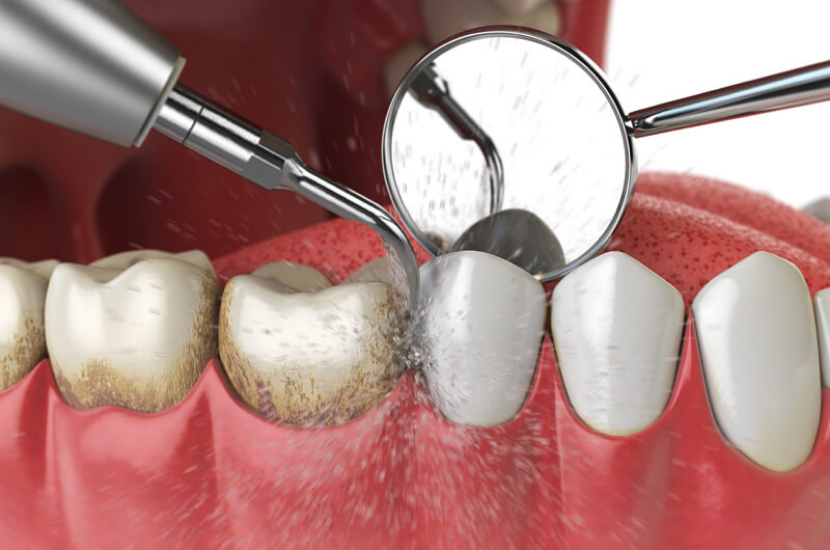The field of periodontology is the study of preventing, diagnosing, and treating gum diseases. A periodontist also specializes in the placement of dental implants to replace missing teeth or stabilize dentures. If you are suffering from advanced periodontitis, your dentist may recommend you see a periodontist. Periodontists receive extensive training in these areas, including two additional years of education after dental school.
What does Periodontics involve?
While general dentists can perform basic periodontal procedures such as deep cleanings and gum graft surgery, patients with more advanced conditions benefit from the specialized care that only a periodontist can provide. Periodontists have an additional three years of training beyond a general dentist and are qualified to perform more complex procedures, like bone grafting, gum grafting, and guided tissue regeneration.
Periodontists are experts in the treatment of periodontal disease, which begins with the accumulation of plaque on the teeth. Plaque is a sticky film composed of food particles and bacteria that form on the surface of the teeth and below the gums. When allowed to accumulate, the plaque will harden and form tartar that can only be removed by a dentist. If left untreated, the disease can progress to affect both the soft and hard tissues that support the teeth. This can result in loose teeth and even tooth loss.
Who needs periodontics?
Periodontal disease affects more than just your gums – it’s an infection that can impact your oral and overall health. If you have healthy gums, you’re already a step ahead in preventing gum disease; but studies show that nearly 50 percent of American adults have some form of periodontal (gum) disease. If you’re one of the millions suffering from periodontal disease, here’s what you should know.

Gum disease has been linked to a number of health complications, including heart attack, diabetes, stroke, dementia, cancer, and more. Research has also shown a strong link between your oral health and your overall health. The same bacteria that causes periodontal disease has also been linked to systemic illnesses like heart disease. Your mouth is the gateway to the rest of your body, so it’s important to keep it as healthy as possible!
The earlier you treat gum disease, the better chance you have of avoiding these serious health problems. That’s why it’s so important to see your dentist for regular exams and cleanings - they can help catch and treat periodontal disease in its earliest stages before it has an opportunity to spread to the rest of your body. If you’ve had a history of gum disease or you are at risk for developing gum disease, talk to your dentist about how you can prevent further infection and improve your overall oral health.
How to prevent gum disease?
Brushing and flossing your teeth daily can prevent plaque and tartar buildup, the main cause of gum disease. It’s also important to visit your periodontist every six months for checkups and professional cleanings. During your visit, we will carefully monitor your oral health and look for signs of trouble, addressing them immediately before they develop into more serious problems.
To find out more about the dental services offered at our dental practice, call (801)-923-1011 or schedule an online consultation. You can also visit us at 1838 N 1075 W #100, Farmington, UT 84025, USA.


